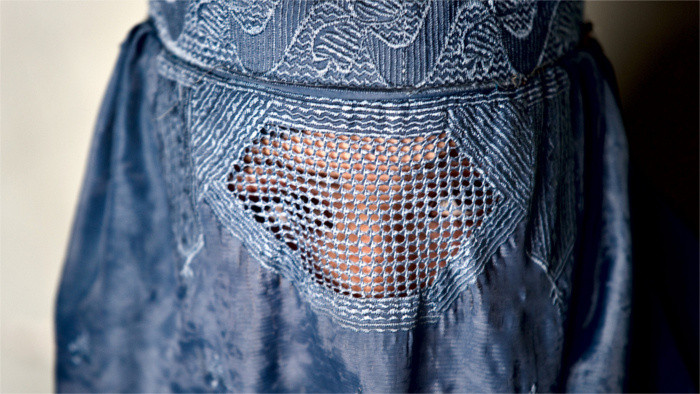Coalition and Opposition politicians approached by TASR on Wednesday don't think that the current situation in Slovakia requires a law banning the wearing of burqas in public places. Open support for an initiative sponsored by Slovak National Party (SNS) leader and Parliamentary Chairman Andrej Danko was expressed only by Opposition We Are Family party leader Boris Kollár. "It's a bit premature; there is no such problem in our country. We don't see such people in Slovakia, but I'll vote for it because the higher number of such bills we adopt discourage Muslims from coming to our country ... the more we'll protect our people. We'll certainly support it," Kollár told TASR.
Coalition Most-Hid party leader Béla Bugár doesn't think that the time has come for such a ban. "The problem lies not in the fact that something is prohibited or not. It will stir up a certain wave of tension, and attention will be turned in the wrong direction," said Bugár, adding that Slovakia has no problem with people wearing burqas.
Smer-SD MP Miroslav Číž acknowledged Danko's proposal, but, according to him, activities regarding the matter should be evaluated to a greater extent. "If Danko submits it, he'll probably defend it more deeply and explain whether it's premature or not," said Číž, noting that the coalition will certainly look into it.
Freedom and Solidarity (SaS) MP and former defence minister (2010-11) Ľubomír Galko stated that a proposal to ban burqas only points to the professional emptiness of SNS. "I'd expect Andrej Danko to first strengthen the secret services in the financial, material and professional sphere; I mean submitting professional proposals that would strengthen the security of people in Slovakia and free the hands of the secret services," said Galko.
Opposition OĽaNO-NOVA leader Igor Matovič said that banning burqas in Slovakia is the kind of petty issue that was seen when it came to the matter of wearing T-shirts with slogans in Parliament or the presence of a colon in the logo of public broadcaster Radio and Television Slovakia (RTVS). "I was wondering who would be the first to abuse this topic in Slovakia. Danko hasn't disappointed me," said Matovič.
Danko told TASR on Tuesday (December 20) that Monday's attack on a Christmas market in Berlin is a sign that multiculturalism and an excessively open attitude towards other cultures are reducing security in European countries. All this is happening due to the European Union's failure in terms of security, said Danko. At the same time the SNS leader announced that his party will submit a legislative change to the House in 2017 that will be aimed at introducing a ban on wearing burqas in public places. "Not everyone professing Islam is a terrorist. People can't be judged according to their religion and skin colour. But security measures identifying people that incline towards radical expressions of Islam have to be adopted within Europe," said the SNS leader.

